Smash Tennis - a mental well-being initiative
Well-being Program
Collective Leisure has brought together Sydney Sports Management Group (SSMG), South Eastern Sydney Health District, Mental Health Organisation, Tennis NSW and Councils to deliver 3 x 12 week pilots of a program that Collective Leisure has designed entitled 'Smash'. The initiative uses tennis as a vehicle to support those in the community, irrespective of age, gender or ethnicity, recovering from a mental illness. The initiative is supported by Tennis NSW and funded by the ATP Cup Legacy Fund.
One in five (20%) Australians aged 16-85 experience a mental illness in any year (Black Dog Institute, 2021). We’re helping communities rebuild social capital and provide services for those that need most support, especially in the wake of Covid-19. It is well documented how sport breaks down barriers particularly for marginalised communities. As such we have an opportunity to resolve for the betterment of communities whilst promoting and improving health equity through tennis.
Program Objectives
Use the evidence based positive impacts of physical activity on mental well-being to support in mental illness recovery
To teach well-being practices through the skills of tennis
Remove barriers for marginalised communities to play tennis
Remove stigma and support people with suffering or suffered with mental health issues
Supporting lifestyle changes that are achievable, measurable and sustainable
Improve physical health and wellbeing of participants
Create a pathway for the participants to take part in social tennis on an on-going basis at each centre
Measure and evaluate the impact of the program on the participants using VIEWS M&E system
What we’re doing
Delivering the mental well-being initiative in 3 x 12 week in pilot locations.
The learning outcomes are based on Collective Leisure’s wheel of well-being.
The initiative is being measured through the Views system using u AQoL - The Assessment of Quality of Life and K10 which is widely recommended as a simple measure of psychological distress and as a measure – anxiety and depression.

